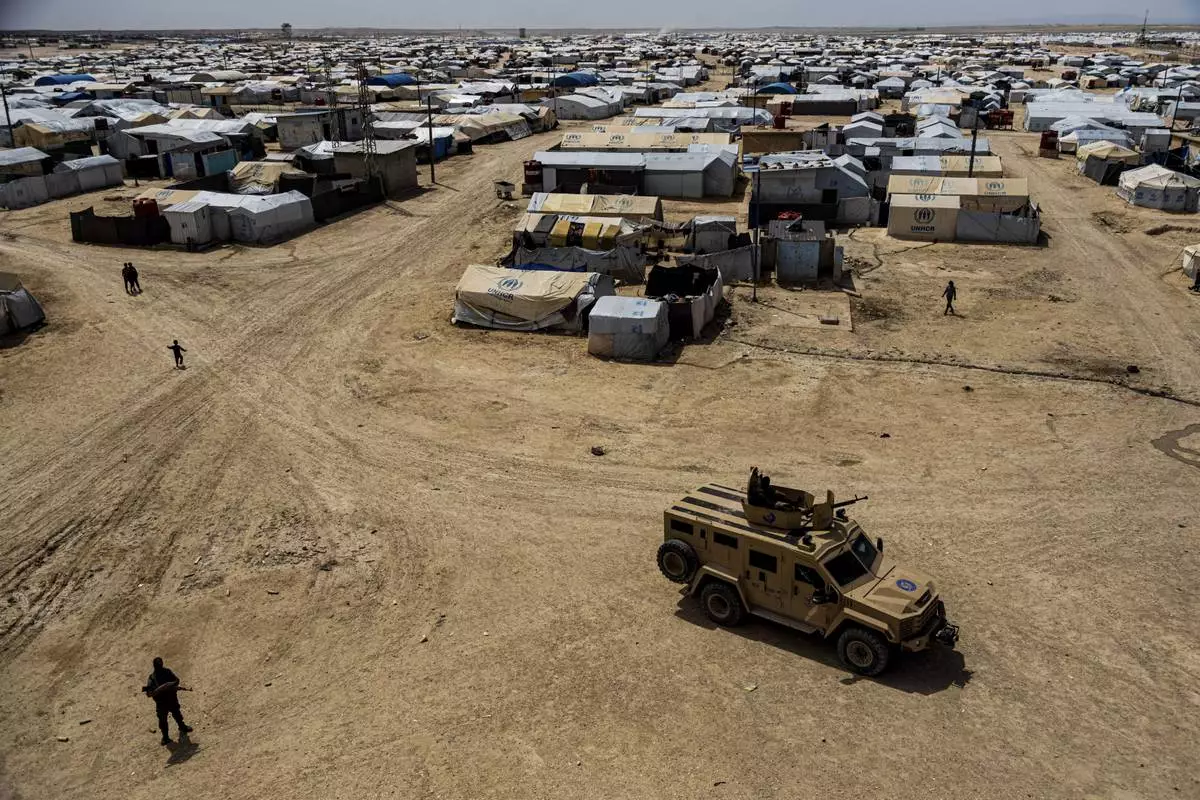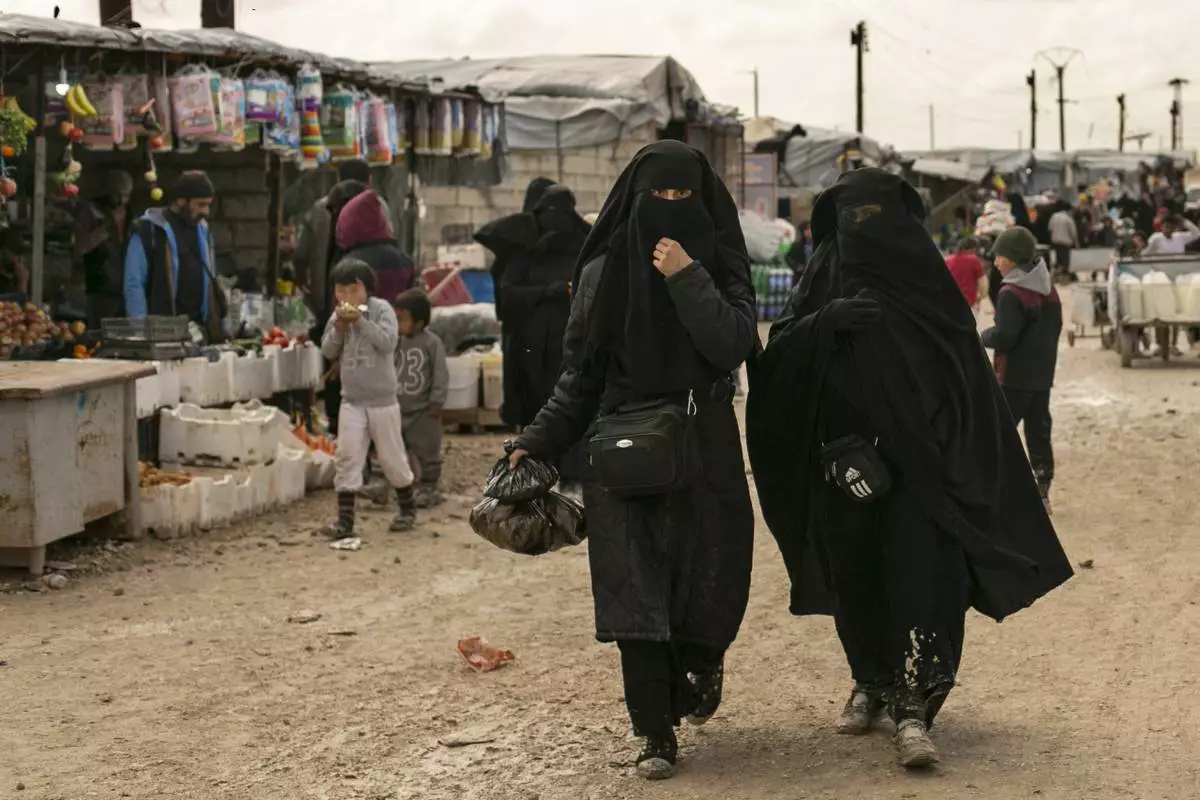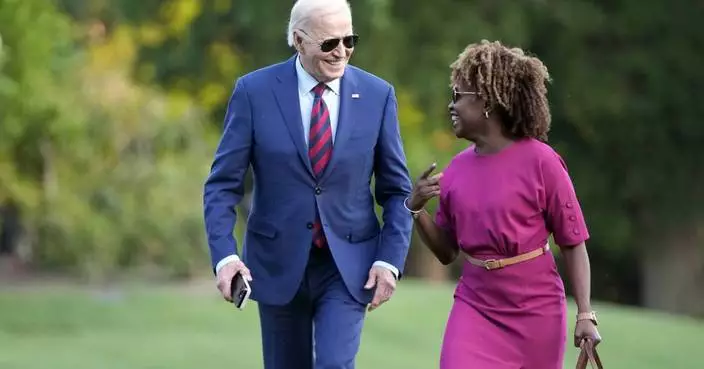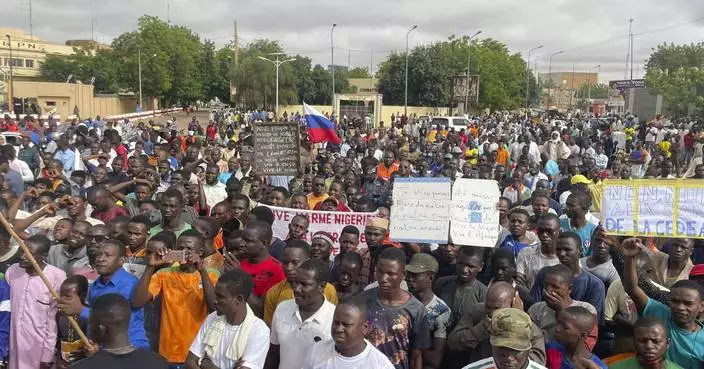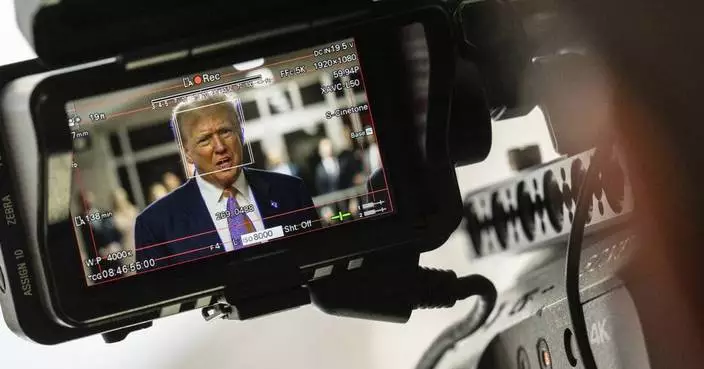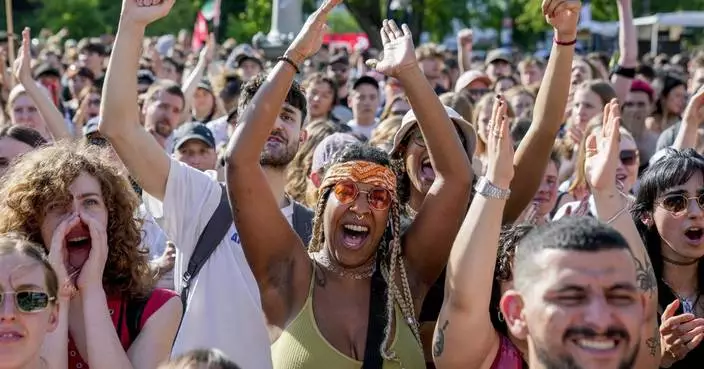Bill Cosby's lawyers filed a list of nearly a dozen alleged trial errors Tuesday as they appeal his sexual assault conviction and three- to 10-year prison term.
The defense asked to have the 81-year-old disgraced comedian released from a suburban Philadelphia prison while his appeal proceeds, but their pleas have so far been rejected.
The lawyers said trial Judge Steven O'Neill had an alleged feud with a pretrial witness, the ex-prosecutor who had declined to charge Cosby a decade earlier. And they said his decisions to preside over the case, let five other accusers testify, air Cosby's prior deposition testimony about quaaludes and dismiss the ex-prosecutor's promise not to charge him are mistakes that warrant a new trial.
"The trial court erred in failing to disclose his bias against District Attorney (Bruce) Castor, and in failing to recuse himself, prior to determining (his) credibility," wrote lawyer Brian Perry of Harrisburg, the latest of more than a dozen lawyers to represent Cosby in the case.
A jury convicted Cosby at a spring retrial of drugging and molesting a Temple University employee in 2004, in what became the first celebrity trial of the #MeToo era.
Cosby — whose estimated fortune from his popular TV shows, comedy tours and product pitches once topped $400 million — was convicted of drugging and sexually assaulting accuser Andrea Constand. The entertainer, who is legally blind, spends his days in a one-man cell and private day room, in a new state prison about 20 miles from his sprawling estate near Philadelphia, where the crime occurred.
In a deposition in Constand's 2005 civil suit, Cosby called the 2004 encounter consensual and his feelings for her romantic. Constand considered him a mentor with close ties to her boss at Temple, where she worked for the women's basketball team. She was about 30 and Cosby, a Temple trustee, about 66. The key issues raised on appeal Tuesday include:
The Other Accusers
Legal experts believe Cosby's best shot on appeal may be the judge's decision, without comment, to hear from five other accusers when he'd allowed just one at Cosby's first trial in 2017, when the jury deadlocked. The law permits "prior bad act" witnesses only in very limited circumstances, usually to show a "signature" crime pattern. In Cosby's case, all five women said they thought they'd been drugged and molested. The defense called their testimony "too remote in time" and "too dissimilar" to Constand's accusation.
The Judge, the 'Agreement'
As Cosby's sentencing neared, his wife Camille filed an ethics complaint against O'Neill over his supposed feud with Castor, who had declined to charge Cosby in 2005 and said he'd made a binding "agreement" that Cosby would never be charged. Castor became a key pretrial witness for the defense. But O'Neill found no evidence his decision was binding on his successors.
Deposition Testimony, Quaaludes
The judge allowed prosecutors to use several excerpts from Cosby's damaging deposition in Constand's related 2005 lawsuit, which ended with Cosby paying Constand a $3.4 million settlement. Juror Harrison Snyder later told ABC-TV the deposition — in which Cosby admitted getting Quaaludes to give women before sex — was the key evidence that made him think he was guilty.
'Sexually Violent Predator'
Cosby, once revered as "America's Dad" for playing the beloved Dr. Cliff Huxtable on "The Cosby Show," could spend a decade in prison, given the way O'Neill fashioned his sentence. The three-year minimum appears well within the 1- to 4-year state guidelines. But O'Neill attached an unusual 10-year maximum, which could keep Cosby from getting parole unless he acknowledges his sexual offenses and completes sex-offender therapy. O'Neill, based in part on expert testimony about other accusers, judged Cosby a "sexually violent predator" and said his wealth and power made it possible he could still reoffend. The label makes Cosby subject to police registration and community alerts should he be released from prison.



